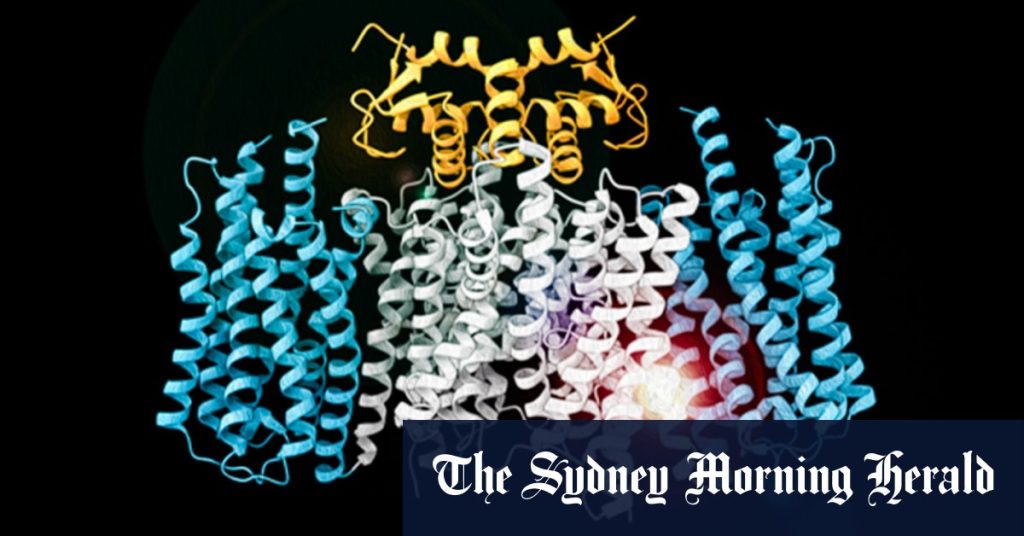Researchers have identified a protein called LYCHOS, which is highly similar to plant proteins and serves as a promising drug target due to its unique nature. This protein has no close counterparts in humans, making it easier to target specifically without causing off-target effects with drugs. By inhibiting LYCHOS, scientists hope to slow down cell growth in diseases where abnormal growth occurs. Additionally, LYCHOS contains a G protein-coupled receptor component, which is a common drug target due to its presence on cell membranes, making it easily accessible for medication.
Decades of research on auxin transporters in plants have provided scientists with a solid foundation for studying and targeting the LYCHOS protein in humans. By building upon this previous research, researchers aim to understand the role of LYCHOS in diseases where cell growth is dysregulated. By inhibiting LYCHOS, they hope to effectively slow down aberrant cell growth and potentially treat a range of conditions. The G protein-coupled receptor component of LYCHOS makes it a particularly attractive target for drug development, as many well-known therapeutics target this type of structure, such as beta blockers for cardiovascular disease and salbutamol for asthma.
Using cutting-edge cryogenic electron microscopy, researchers were able to create a high-resolution, 3D model of the LYCHOS protein. This advanced imaging technique allowed them to capture millions of low-resolution images of the protein and combine them to create a detailed model. By subjecting lab-grown samples of the protein to temperatures lower than minus 160 degrees, researchers were able to prevent atom vibrations and protect the sample from damage by the electron beam of the microscope. Cryo-electron microscopy is revolutionizing the field of protein structure determination and providing new opportunities for targeted therapeutic interventions.
The unique and plant-like nature of the LYCHOS protein makes it an attractive target for drug development, as its distinctiveness in humans provides a clear path for specific targeting without causing unintended side effects. By leveraging previous research on auxin transporters in plants, scientists are able to better understand the role of LYCHOS in human diseases where cell growth is dysregulated. Inhibiting this protein holds promise for slowing down abnormal cell growth and potentially treating a variety of conditions. The inclusion of a G protein-coupled receptor component in LYCHOS further enhances its attractiveness as a drug target, as these receptors are commonly targeted by therapeutics for a range of medical conditions.













